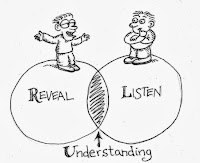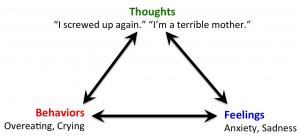A Center for Behavioral therapy can use multiple techniques and practices to enable individuals deal with stress related disorders such as anxiety, panic, depression, phobias and other emotional disturbances. Cognitive Behavior Therapy or CBT is one of the most effective and researched means of extending treatment to individuals who often find it difficult to manage stress. The underlying premise that drives the CBT approach is that our thoughts and feelings determine our behavior. This approach has garnered a lot of significance in the present day because of its practicality and efficacy for modern individuals.
Applications of Cognitive Behavioral Therapy
 A typical center for cognitive therapy applies the approach in multiple situations. The therapy has been identified to be used in treating people who suffer from a large range of disorders related to stress. This treatment focuses on highly distinctive goals and results are tangible and measurable. CBT is best applied on patients who find the process of introspection comfortable. This is because a lot of quality time and efforts are spent to analyze an individual’s thoughts and feelings. And the individual must be willing to co-operate for the process. This is a need, although difficult, because only a self-analysis can help to determine internal states and thereby establish a connection with external behavior.
A typical center for cognitive therapy applies the approach in multiple situations. The therapy has been identified to be used in treating people who suffer from a large range of disorders related to stress. This treatment focuses on highly distinctive goals and results are tangible and measurable. CBT is best applied on patients who find the process of introspection comfortable. This is because a lot of quality time and efforts are spent to analyze an individual’s thoughts and feelings. And the individual must be willing to co-operate for the process. This is a need, although difficult, because only a self-analysis can help to determine internal states and thereby establish a connection with external behavior.
Also, the Cognitive Behavior Therapy approach is more often short-term and helps individuals develop and nurture coping skills that will come in handy in the present and for the future. And the approach does not just stop with identifying negative traits or thoughts but goes on to challenge and replace them suitably.
A Presentation to Understand CBT
- The Midwest Center
Cognitive Behavior Therapy Center







